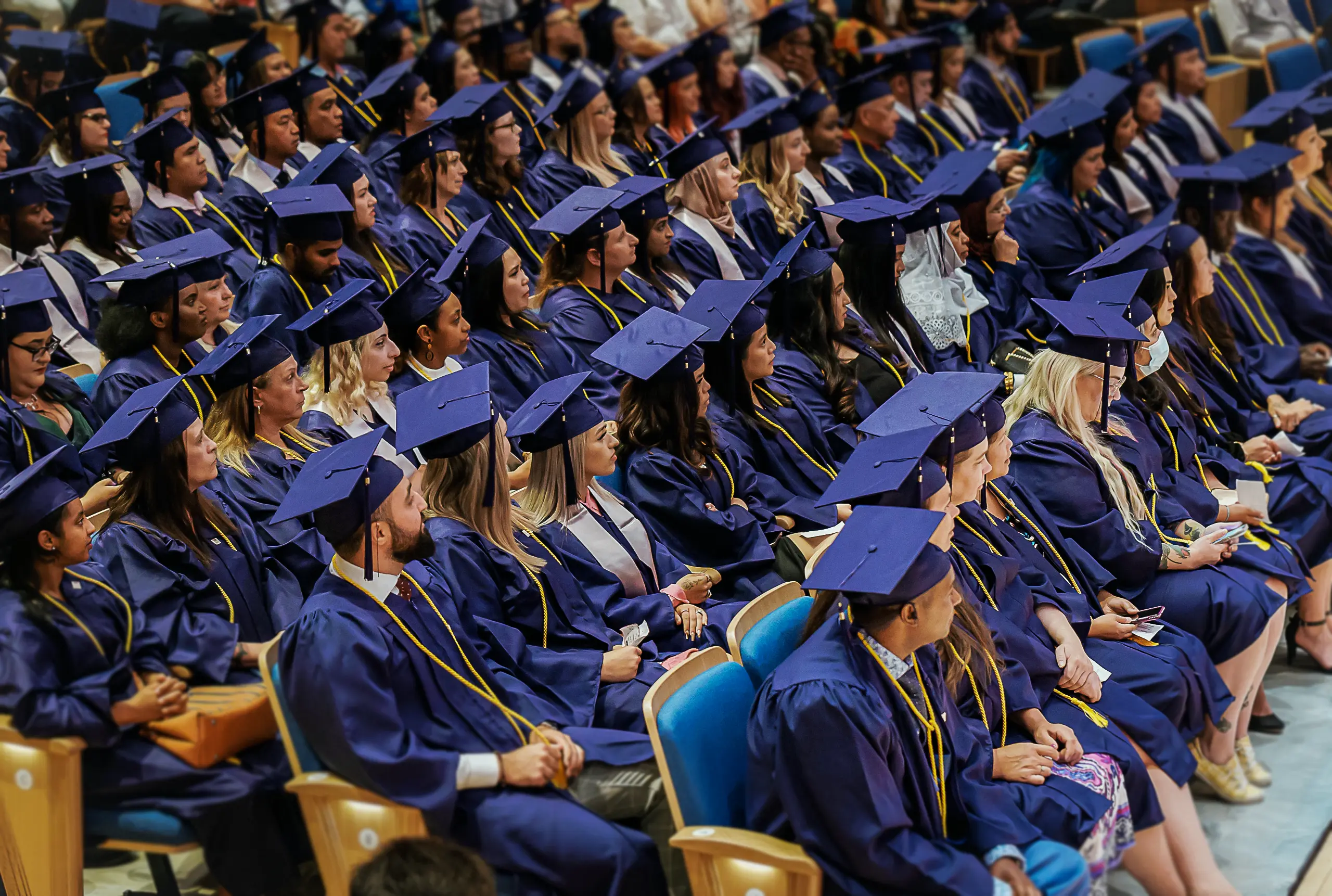Students must meet all of the prerequisites listed below, meet their financial obligations with the college, and acknowledge their understanding of the college’s policies and procedures provided in the student handbook prior to starting classes.
Academic Requirements for Admissions:
- Proof of high school graduation or equivalent (General Education Development or BC Adult Basic Education)
OR
- Mature student status (19 years of age upon starting classes)
- Pass the College’s General Math Exam with a passing score of 50%
- Keyboarding 40 wpm
- Proof of English Language proficiency
Administrative Requirements for Admissions:
- Interview with the campus director, program coordinator, or designate
Note: Transcripts from an institution outside of Canada must be verified by an international education credential evaluation service, such as WES or ICES.
Practicum, Clinical Placement or Preceptorship Requirements:
- Criminal record check (in accordance with the Criminal Records Review Act)
- Up-to-date immunization report (form provided by college)
 BC
BC



















